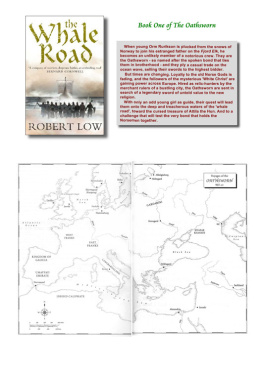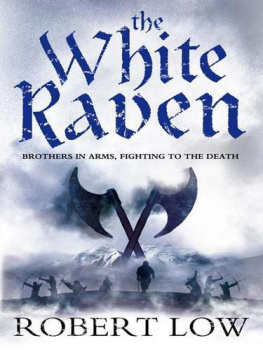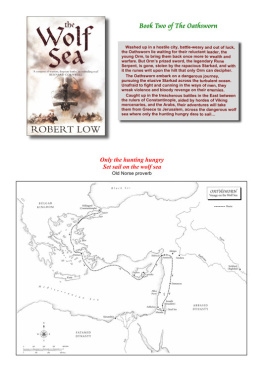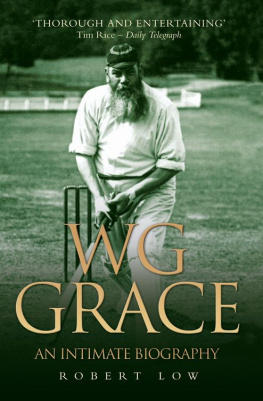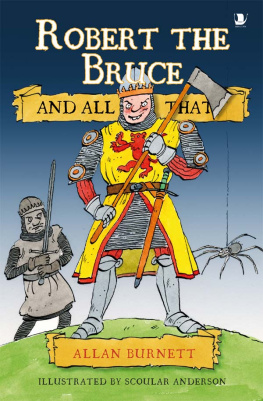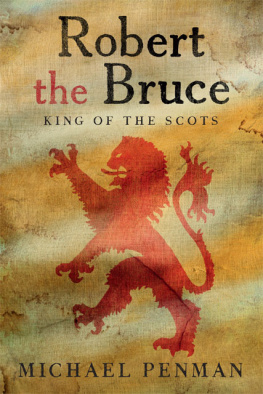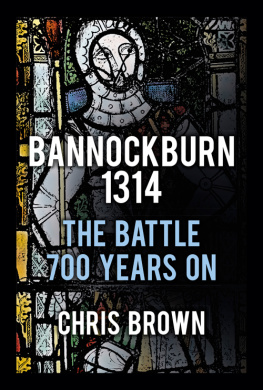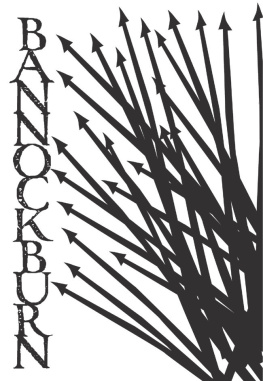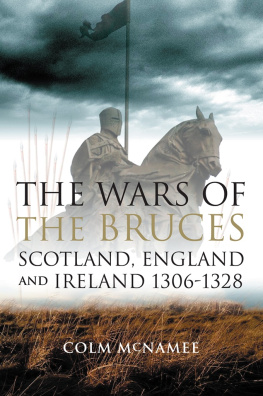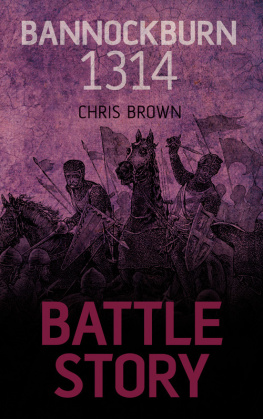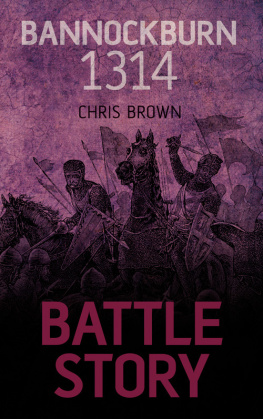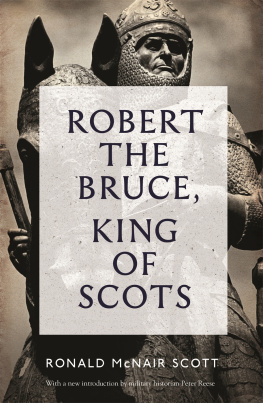STUDIES IN COMMONWEALTH POLITICS AND HISTORY
No. 1
General Editors: Professor W. H. MORRIS-JONES
Institute of Commonwealth Studies,
University of London
Professor DENNIS AUSTIN
Department of Government,
University of Manchester
Lion Rampant
Lion Rampant
Essays in the Study of
British Imperialism
D. A. Low
Director of the
Research School of Pacific Studies,
The Australian National University
First published 1973
by Routledge
Published 2014 by Routledge
2 Park Square, Milton Park, Abingdon, Oxon OX14 4RN
711 Third Avenue, New York, NY 10017, USA
Transferred to Digital Printing 2006
Routledge is an imprint of the Taylor & Francis Group, an informa business
Copyright 1973 D. A. Low
ISBN 978-0-714-62986-5 (hbk)
Library of Congress Catalog Card No. 72-92970
All rights reserved. No part of this book may be reprinted or reproduced or utilised in any form or by any electronic, mechanical, or other means, now known or hereafter invented, including photocopying and recording, or in any information storage or retrieval system, without permission in writing from the publishers.
Publishers Note
The publisher has gone to great lengths to ensure
the quality of this reprint but points out that some
imperfections in the original may be apparent
Contents
Legatee of a vast empire, the Commonwealth still carries the imprint of its past. And in doing so it may be said to have a collective identity which, in a very varying degree, each of its members exhibits. This, we believe, can sustain a collective inquiry into the political history and institutions of countries which were once governed within the British Empire and we note signs of a revival of interest in this field. In recent years area studies have been encouraged, but there is also a sense in which the Commonwealth is itself a region, bounded not by geography but history, and imperial history in particular. Seen thus the region cannot exclude areas into which empire overspilled as in the Sudan, or areas now outside the Commonwealth such as South Africa and Burma, or the unique case of Ireland. No account of the dilemmas which face the government of Canada or Nigeria or Indiaor indeed of the United Kingdomwhich examines the present in relation to the past can be complete which omits some consideration of this imperial dimension. Without in any sense trying to claim that there is a political culture common to all Commonwealth countries it is certainly the case that some of the institutions, some part of the political life, and a certain element in the political beliefs of many Commonwealth leaders, can be said to derive from the import of institutions, practices and beliefs from Britain into its former colonies.
Nor is the Commonwealth merely a useful category of study. It is also a community of scholars, many of them teaching and writing within the growing number of universities throughout the member countries who share an interest in the consequences of imperial experience and have common traditions of study.
The present series of books is intended to express that interest and those traditions. They are presented not as a guide to the Commonwealth as a corporate entity, but as studies either in the politics and recent history of its member states or of themes which are of common interest to several of the countries concerned. Within the Commonwealth there is great varietyof geographical setting, of cultural context, of economic development and social life; they provide the challenge to comparative study, while the elements of common experience make the task manageable. A cross-nation study of administrative reforms or of legislative behaviour is both facilitated and given added meaning; so also is an examination of the external relations of one or more member states; even a single country study, say on Guyana, is bound to throw light on problems which are echoed in Malaya and Sri Lanka. The series will bring togetherand, we hope, stimulatestudies of these kinds carried out by both established and younger scholars. In doing so, it can make its distinctive contribution to an understanding of the changing contemporary world.
It would have been difficult to find a more appropriate volume with which to begin the series than this collection of thought-provoking essays by a scholar who has the rare distinction of having done substantial work in both African and Asian settings.
DENNIS AUSTIN
W. H. MORRIS-JONES
January 1973
In the making of this book I have incurred many debts. owes more than may at first be apparent to the unusual opportunity I had in April 1969 to take part in a small seminar called by the secretariat of the World Council of Churches at the Selly Oak Colleges, Birmingham, to discuss its remarkable series of World Studies of Churches in Mission. For the rest, several of my colleagues at Sussex have been good enough to provide me with comments on one or more of my chapters in draft, and I would like to thank in particular Duncan Forrester, Donald Winch, Helmut Papp, John Burrow, Richard Brown and Bruce Graham. I am similarly indebted to Sir Keith Hancock, Ravinder Kumar, Tony Kirk-Greene, John Ballard, Geoff Oddie, Tom Metcalf, Colin Leys, and Dick Cashmore.
I very much doubt, however, if these essays would ever have been produced but for the invitation I had to spend the Fall of 1967 at the University of Chicago. To Edward Shils, Barney Cohn, Tom and Margaret Fallers, Ari Zolberg, Lloyd and Suzanne Rudolph, Clifford Geertz, John Hope Franklin, Ralph Austen, and other members of its Department of History, and of its Committees for the Comparative Study of New Nations, for African Studies and for South Asian Studies, I am greatly indebted for a memorable three months. However, these essays would never have been finished but for the kindness of Trevor Reese and, in particular, W. H. Morris-Jones in arranging four special seminars for me at the Institute of Commonwealth Studies in London in the summer term of 1970. At many points throughout I am much indebted to the comments which were made by those who were good enough to attend, even if I have occasionally stuck to my guns.
My greatest debtsbar those to my nomadic familyare, however, to Makerere College, Uganda, which gave me the opportunity to develop an interest in Africa; to the Australian National University which enabled me to take an interest in India, and to the University of Sussex which allowed me to attempt to combine the two. Once again Yvonne Wood has made it possible (with help this time from Margaret Beard and Nancy Davies) for others to read what I have written.
D. A. Low
Clare Hall, Cambridge
January 1972
This book is a ballon dessai. Imperialism, Sir Keith Hancock wrote back in 1940, is no word for scholars. The emotional echoes which it arouses are too violent and contradictory. It does not convey a precise meaning. In the intervening decades his injunction has been little heeded. In the aftermath of Gallagher and Robinsons stimulating, if somewhat idiosyncratic, Africa and the Victorians, it was tempting to believe that David Fieldhouse had come close to summing up a by now rather protracted debate. But No. It persists as lively as ever. Fieldhouse indeed has been subjected to a blistering onslaught which takes the discussion right back to its twentieth-century origins in J. A. Hobson.1



